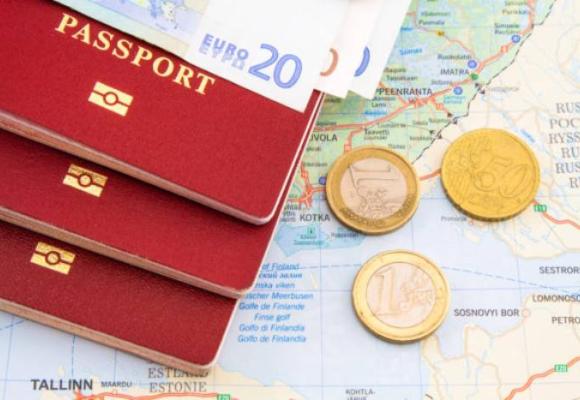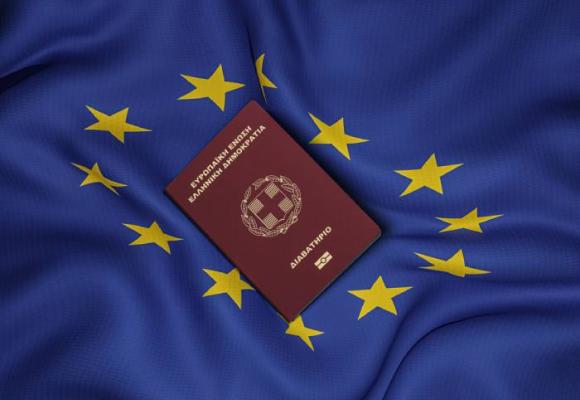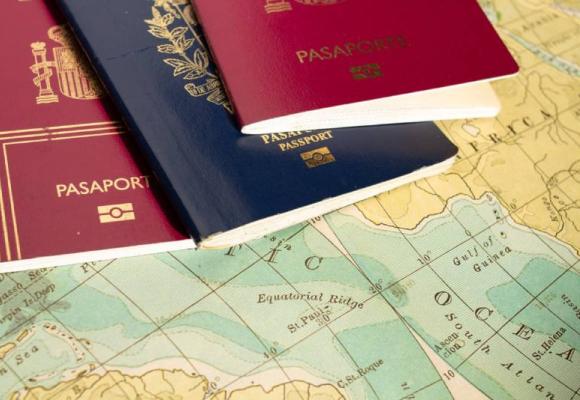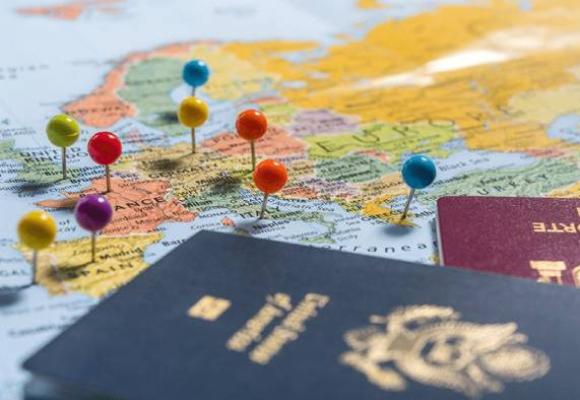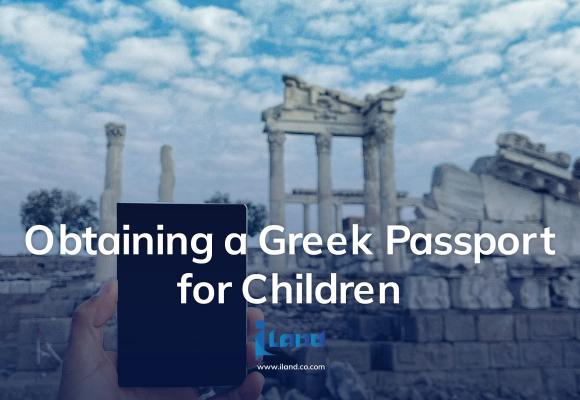Understanding Jus Soli: The Right of the Soil
At its core, Jus Soli refers to the automatic acquisition of citizenship by being born within the territory of a country. This contrasts with Jus Sanguinis ("right of blood"), where citizenship is passed down through a parent’s nationality. While Jus Soli is straightforward in theory, its implementation varies widely, with some nations adopting it fully and others imposing specific conditions.
The principle originated from common law traditions and has become synonymous with inclusivity and equality in citizenship policies. However, its adoption often reflects broader societal values and immigration policies.
Historical Background of Jus Soli
The roots of Jus Soli can be traced back to ancient Roman law, which recognized territorial birthrights as a pathway to citizenship. The concept gained prominence in the Middle Ages, particularly in England, where birthplace began to determine allegiance to the crown. Over time, the principle spread globally, especially to countries influenced by British legal traditions.
In the modern era, Jus Soli became a hallmark of nations seeking to promote diversity and provide opportunities for immigrants and their descendants. However, its application has also sparked debates about national identity, immigration, and social integration.
How Jus Soli Works: Legal Frameworks
Countries that practice Jus Soli generally fall into two categories:
- Unconditional Jus Soli: Citizenship is granted to anyone born on the country’s soil, regardless of their parents’ nationality or immigration status.
- Conditional Jus Soli: Citizenship is tied to specific requirements, such as a parent’s residency status or legal presence in the country.
For example, the United States and Canada offer unconditional Jus Soli, making them popular destinations for birth tourism. On the other hand, countries like France and Germany have conditional Jus Soli laws, ensuring that certain criteria are met before granting citizenship.
Advantages of Jus Soli
The Jus Soli principle carries numerous benefits, including:
- Promoting Social Inclusion: It ensures that individuals born in a country have equal rights to participate in society, fostering unity and reducing discrimination.
- Simplifying Citizenship Laws: By focusing on birthplace, Jus Soli eliminates complex legal processes associated with parentage or ancestry.
- Encouraging Immigration: Countries with Jus Soli policies often attract immigrants seeking better opportunities for their children.
Criticisms and Controversies
While Jus Soli has its merits, it is not without controversy:
- Birth Tourism Concerns: Critics argue that some families exploit Jus Soli laws by traveling to a country solely for childbirth to secure citizenship for their child.
- Strain on Public Resources: Opponents claim that unconditional Jus Soli can increase demand for public services in countries with high immigration rates.
- National Security Issues: Some policymakers worry that automatic citizenship might be exploited for illicit purposes.
These debates often influence whether countries retain or modify their Jus Soli policies.
Countries Offering Unconditional Jus Soli
Only a handful of nations offer unconditional citizenship by birthplace, including:
- United States: Enshrined in the 14th Amendment, anyone born on U.S. soil automatically becomes a citizen, with few exceptions.
- Canada: Citizenship is granted to all children born within its borders, regardless of their parents' nationality.
- Mexico: Offers unconditional Jus Soli under its Constitution, reflecting a tradition of inclusivity.
Other countries in this category include Brazil, Argentina, and several Caribbean nations.
Countries with Conditional Jus Soli
Many countries implement Jus Soli with additional requirements, such as:
- France: Children born in France to foreign parents may acquire citizenship if at least one parent has legal residency.
- Germany: Offers Jus Soli to children born in the country if at least one parent has lived there legally for several years.
- Greece: While primarily following Jus Sanguinis, Greece allows children born to foreign parents to claim citizenship if at least one parent has legal residency (such as Greece Golden Visa) and the child completes a minimum of six years of schooling in Greece.
- Australia: Birthright citizenship applies only if at least one parent is an Australian citizen or permanent resident.
Conditional Jus Soli reflects a balance between inclusivity and controlled immigration.
Comparison with Jus Sanguinis
While Jus Soli focuses on the location of birth, Jus Sanguinis prioritizes ancestry. Many countries, especially in Europe and Asia, favor Jus Sanguinis to maintain cultural and ethnic continuity. For instance, Italy and Japan emphasize bloodline over birthplace, highlighting the diversity in global citizenship laws.
Recent Trends and Changes in Jus Soli Policies
In recent years, several countries have re-evaluated their Jus Soli policies due to immigration pressures and changing political climates. For instance:
- Dominican Republic revised its laws to exclude children of undocumented immigrants from Jus Soli benefits.
- India shifted away from Jus Soli in favor of stricter parentage requirements.
These changes reflect the dynamic nature of citizenship laws in a globalized world.
The Future of Jus Soli
As the world grapples with immigration challenges and shifting demographics, the future of Jus Soli remains uncertain. Advocates argue for its role in promoting equality and opportunity, while critics push for reforms to address potential abuses. Ultimately, the balance between openness and regulation will shape the evolution of Jus Soli policies.
Conclusion
Jus Soli, or "right of the soil," stands as a testament to the power of birthplace in defining identity and belonging. From the United States to Brazil, this principle has transformed lives and shaped nations. However, as debates over immigration and national security intensify, the future of Jus Soli hangs in the balance. By understanding its intricacies and implications, we can better appreciate the profound impact of this principle on individuals and societies alike. Whether unconditional or conditional, Jus Soli remains a cornerstone of citizenship laws, embodying the values of inclusion and opportunity in a complex and interconnected world.












